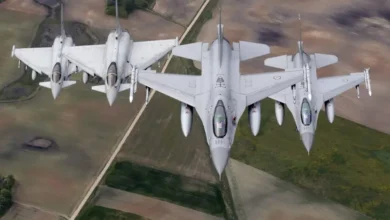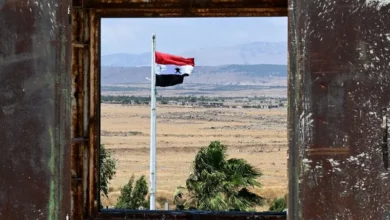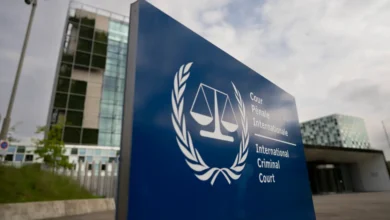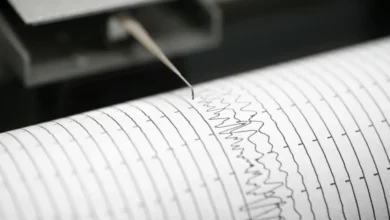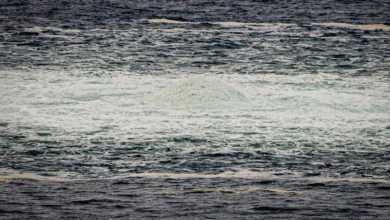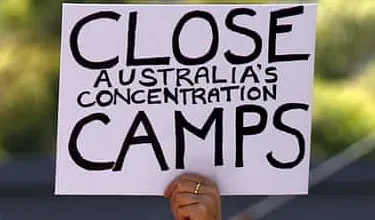America’s next long-term conflict: The campaign to deter Yemen’s Iran-backed Houthis
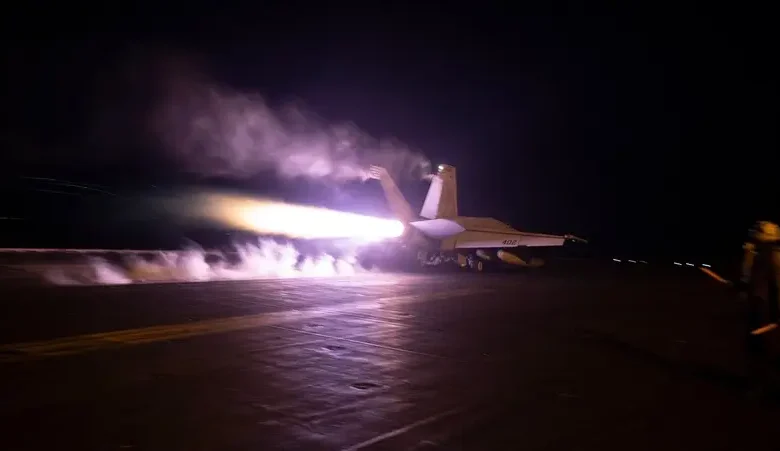
It’s been a month and a week since the US started bombing Houthi targets in Yemen, aiming to stop the Iran-backed group from continuing to attack commercial and international vessels passing through the Red Sea and the Gulf of Aden.
In less than 24 hours this week, the Houthis shot down an American MQ-9 Reaper drone, targeted and hit two US-owned ships and fired an anti-ship cruise missile at the USS Laboon.
Additionally, the Iran-backed Yemeni group fired ten one-way attack drones, which the US and other allied nations shot down in the Red Sea and the Gulf of Aden during a conflict that lasted longer than four hours.
The US military located and destroyed a surface-to-air missile launcher in Houthi-controlled areas of Yemen as well as other Houthi capabilities, the US Central Command (CENTCOM) said.
Since Jan. 11, the US has conducted 32 self-defense strikes against Houthi targets in Yemen, including three combined-forces strikes on Jan. 11, Jan. 22 and Feb. 3, a US defense official said.
But Houthi attacks have not stopped despite several rounds of preemptive and self-defense strikes by the US, but also, at times, in partnership with the UK and other allies around the world.
The US defense official said that, as of Tuesday night, the number of Houthi attacks was at least 57.
The Biden administration last month backtracked on one of its first foreign policy moves and re-designated the Houthis as a terror group. The decision went into effect last week, and some US officials said they believe it will put a dent in the Houthis’ ability to finance these attacks.
In private, however, senior US diplomats don’t think the move will have much impact.
The Houthis have vowed not to stop their attacks until there is a ceasefire in Gaza.
Long-term campaign
The US military will continue to strike Houthi targets until they stop their attacks, US Special Envoy for Yemen Tim Lenderking said last week.
Commanders aboard US warships in the region have also said they can carry out anti-Houthi missions for as long as needed.
While some argue that a ceasefire would end the Houthi attacks, analysts and former military officials are less optimistic.
“That ignores the reality of who the Houthis really are and Iran’s networks in the region,” said Brian Katulis, vice president of policy at the Washington-based Middle East Institute
A potential ceasefire may not last very long, Katulis said, and the Houthis could dial back their attacks a bit, similar to a short period in November when the first hostage exchange was carried out between Hamas and Israel. “But they will continue attacking ships in the Red Sea,” he told Al Arabiya English.
Katulis predicted that the campaign to degrade Houthi capabilities could drag on for years, as have previous campaigns like the defeat-ISIS coalition. “This is a chronic condition until there’s some clarity of how to solve the Yemen situation.”
Meanwhile, the former CENTCOM commander said it was still fairly early to tell what kind of effect the US strikes on the Houthis would have and suggested it could take weeks.
“This was never going to be an overnight one-and-done kind of an operation,” retired Gen. Frank McKenzie told Al Arabiya English.
To get rid of all the weapons of the Iran-backed group, he said, the US needs to do a better job of interdicting the resupplying of weapons shipments from Iran. “Their sponsor is Iran; their patron is Iran; everything comes from Iran. So, if we can cut those routes off, that will affect them significantly as we go forward.”
Last week, the US Navy revealed that it had seized advanced conventional weapons and other lethal aid originating in Iran and bound to Houthi-controlled areas of Yemen on Jan. 28. This came after US forces seized Iran-supplied weapons on Jan. 16. Two US Navy Seals went missing during the operation and were later declared dead after a 10-day operation to locate them.
McKenzie also lamented the lack of US government support for CENTCOM forces, particularly regarding Intelligence, Surveillance and Reconnaissance (ISR) capabilities.
With the Biden administration’s renewed focus on China and Russia, more resources and focus have been allocated and sent to the Indo-Pacific area of responsibility.
“I think we need to recognize that CENTCOM has been starved of the kinds of assets they need to do this work for a while… We need to make a commitment to giving CENTCOM more of these resources, and then I think they’ll be more effective in these tasks,” McKenzie said.
